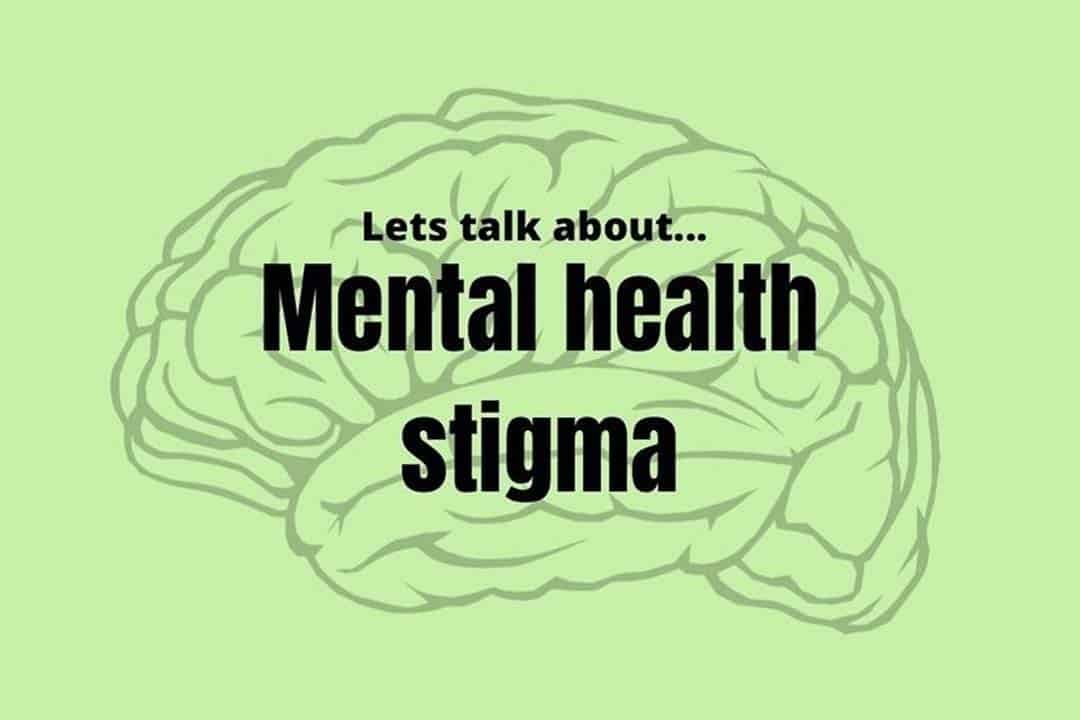The University of Toronto Mental Health Association (UofTMHA) was founded at UTSG in 2016 to link students at UTSG with mental health resources. In 2020, the association spread their efforts to all three campuses.
The co-founders of the club, Angelica Kuzma and Hannah Socket, undergraduate students at the time, established the association to provide students with healthy coping mechanisms and help make mental health resources more accessible.
The Varsity spoke about the association’s mission and ventures with Rohina Kumar and Victoria Colaluca, current UofTMHA co-presidents and students at U of T. The co-presidents work with their vice presidents Matthew Kuo, Aliah Janoudy, and Julianna Gajraj, on UofTMHA’s various initiatives including resource handbooks, social events, and workshops.
An ever evolving mission
“Our main goal is to break the stigma surrounding mental health and allow students to feel empowered through their own mental health journeys,” said Colaluca in an interview with The Varsity.
The executive team works towards a new initiative each year to best aid students and improve UofTMHA’s reach. In 2016, the association focused on suicide prevention by partnering with local charities focused on suicide prevention and collaborating with the Toronto Distress Center.
In 2020, a COVID-19 initiative was added due to the circumstances and focused on maneuvering obstacles brought about by the pandemic. UofTMHA placed a significant emphasis on having mental health resources available to students, even in an online setting. In 2021, it followed a very intersectional theme given the global unstable political situation.
The association has been focusing on transitioning to more in-person events this year and shifting from getting out of quarantine and the virtual stage to being in person.
Building mental health awareness through various initiatives
“We want to think of mental health as laying on a continuum,” said Kumar in an interview with The Varsity. As a result, the association hosts a wide range of events such as journaling events, panel discussions, and pub nights.
UofTMHA has also worked on a variety of resource handbooks. It conducts extensive research on mental health and educational resources available primarily in Ontario and organizes them based on their benefits to specific groups such as LGBTQ+ folks, people from specific cultures and ethnicities, and more. These handbooks categorize each resource based on whether it is for international or domestic students, affordability, location, and more. “We take into account all sorts of barriers that people often face when trying to navigate or access mental health care,” said Kumar. The association has launched seven handbooks so far, including their latest one for people from war-affected countries.
The association also creates care packages for women and children experiencing homelessness and donates them to women’s shelters across downtown Toronto.
On a lighter note, the association also hosts pub nights, open mic nights, and movie nights to strengthen the student community.
“Our overall aim with these initiatives is to build a strong community among students, as well as facilitate one-on-one connections wherever we can, with a primary focus on student mental health,” said Kumar. The association also launched a mentorship program in 2020, connecting upper-year students with lower-year students to facilitate meaningful connections.
Is there a mental health crisis at U of T?
According to UofTMHA, yes, there is.
Kumar believes that this could be the result of several factors, such as the challenging transition from high school to university or the academic rigour and pressure that comes from attending a top 20 school such as U of T. She cites the existence of the ‘@uoftears’ Instagram confessions page — on which there are regular confession posts from distressed students on topics ranging from academic to social and personal difficulties — as being indicative of this.
Kumar also believes that factors outside U of T’s control also contribute to this crisis. Mental health disorders in Ontario account for about 10 per cent of all health-related issues, but they receive just seven per cent of health-care dollars. Mental health in Ontario is underfunded by about $1.5 billion.
At U of T, long wait times and inconsistency in the mental health services received by students, particularly with assigned therapists still exist. “Sometimes, [students will] build a good rapport with the therapist, and then they get switched to another one, so they feel like they’ve lost all progress,” said Kumar.
Kumar and Colaluca believe it is crucial to develop a diversified mental health system that suits the target population. The co-presidents also emphasize that U of T needs to foster a supportive community for students, focused on building healthy and trusting relationships among students.
Practicing healthy habits
“Mental health is important and equal to physical health. They both inform each other, and go hand in hand… it’s not possible to think about one without thinking about the other,” said Colaluca.
Colaluca suggests adopting healthy habits as coping mechanisms during times of stress. She recommends a self-care practice that is specific to one’s needs. Finding a self-care practice that works for oneself may involve some trial and error, but it is essential to stay consistent with it.
Colaluca also emphasizes the importance of fostering social connections. “It’s definitely important to set aside time to try to connect with a few people that make you feel happy that are there to support you,” said Colaluca.


